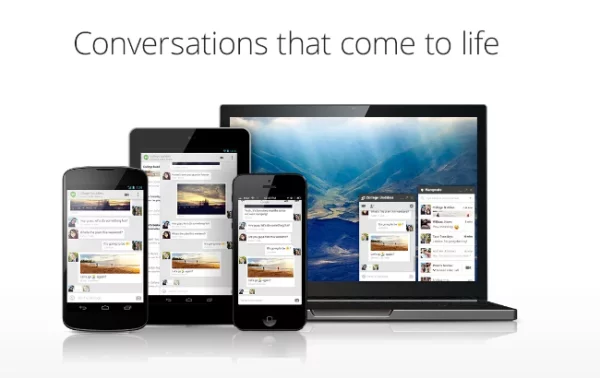
Remember that closets, patios/balconies, bathtubs/showers, and cars also count as potential space. If you can, sit down together soon and discuss how you’re going to share space during this time. This is a huge deal, especially if you live with other people. Just make sure you also have a chunk or two for something pleasant and recharging! (Like 8:30-9:00 pm: cuddle with my critters) Space You can even have chunks of time for scrolling social media and checking the news. Chunking makes us more efficient and gives us a better chance of feeling accomplished. If you went to school, this’ll feel familiar, like changing classes. You can give your day a rhythm with chunking tasks-scheduling blocks of time where you’ll work on a certain kind of activity. Try to brush your teeth twice daily, change your clothes, and bathe at least 50% of your usual amount. Pick a standard time to wake up and go to sleep, if you’re able, to give your body clock a rhythm. Set alarms for things you need to do at scheduled times, like meds, meetings, phone calls, taking the dog out, so that you don’t miss them. If your home doesn’t get much daylight, turn on lamps to make it brighter during the day (if your eyes are ok with that) and then dim them around sunset time. So having some way to mark the passage of time helps. The daylight savings time change didn’t help with that at all, I know. Time gets slippery when you’re at home all day. You might notice that I’m not giving a lot of tips about being at home with kids-I’m not an expert in that area, and there are lots of good posts already written on that. What I wanted to do today is just offer what I can on the nitty-gritty of navigating this time at home for those who are privileged enough to do so, with the aim of helping them stay in a good position to continue to help others both during and after this pandemic. It’s really tough right now, especially for anyone who had insecure housing and finances to start with. I’m not denying or trying to gloss over the fears about lost income, about illness, about if we’ll be able to get our needs met. There’s also a lot of unknown that has become scary for all of us. There’s a lot that has become accessible. You might get time to chat with friends who were too busy before or go to a workshop or meeting that you usually have to miss because your body isn’t cooperating. Spoonies, it’s also okay to be a little excited that the rest of the world just showed up in our living room! Now there are so many things that we CAN go to, since they’re being held virtually.

It’s okay to feel frustrated by healthy people who complain about having to live the way we spoonies do all the time.

It’s okay to be frustrated at employers who can now suddenly allow everyone to work at home when you’ve been begging to do so for years.

And now the rest of the world is experiencing what we live daily. We’re great at grieving plans we had to cancel, at entertaining ourselves while stuck in bed or on the couch, at collecting pj’s and comfy clothes, at thinking five steps ahead about the effects of any activity that we do. We’ve been training for this since we were diagnosed. I’m going to share with you everything I’ve learned from my experiences as 1) someone who works at home 2) a hard-core introvert 3) someone living with multiple chronic illnesses and 4) a licensed clinical psychologist.īut before I do, just a quick note to my fellow spoonies….you got this. Thank you for helping slow the spread and flatten that curve so our hospitals and other resources can try to keep up with the demands on them!īut now what? After that glow of doing your part to save humanity wears off, what on earth do you do with these days and/or week ahead? How do you emotionally and mentally get through it? So you’ve decided to (or been forced to) do the kind and socially responsible thing and stay at home while COVID-19 rolls up into your area.


 0 kommentar(er)
0 kommentar(er)
